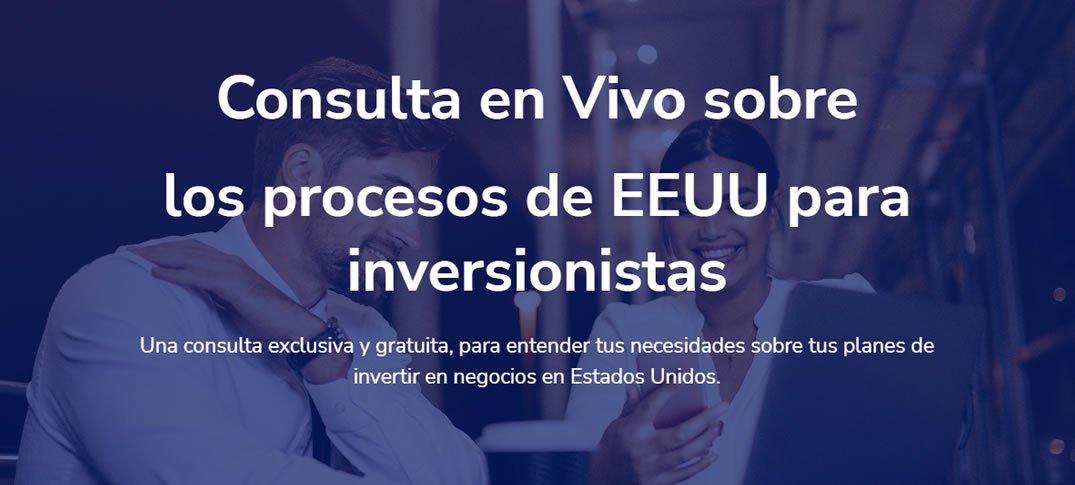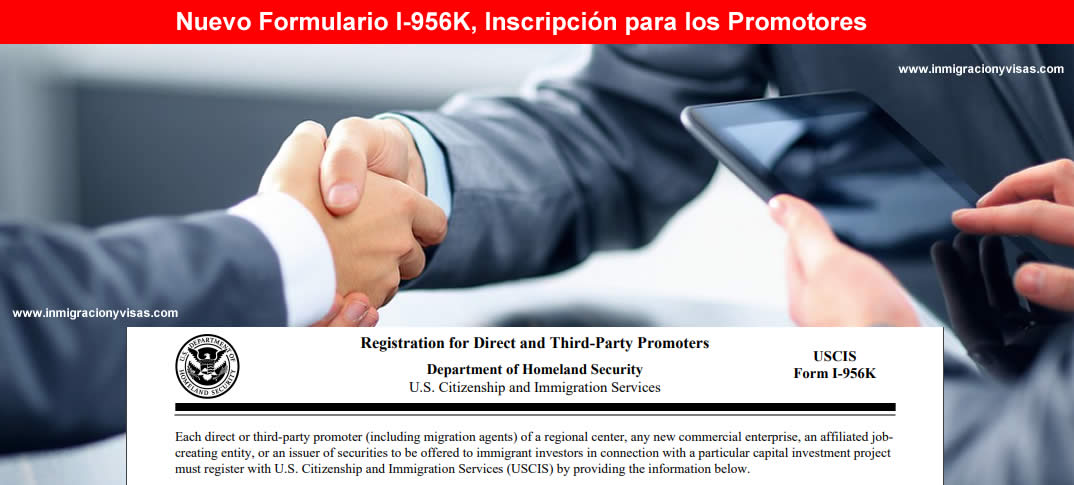Israeli Nationals Eligible For Treaty Investor Visas

Certain Israeli nationals who are lawfully present in the United States will soon be able to request a change of status to the E-2 treaty investor classification. Beginning May 1, eligible Israeli nationals already in the United States in a lawful nonimmigrant status can file Form I-129, Petition for a Nonimmigrant Worker, to request a change of status to E-2 classification, or a qualifying employer can file the petition on their behalf. Spouses and unmarried children under 21 years of age of treaty investors and employees who are already in the United States may also seek to change status to E-2 classification as dependents by filing Form I-539, Application to Extend/Change Nonimmigrant Status.
The E-2 nonimmigrant classification allows citizens of countries with which the United States has a treaty of commerce and navigation to be admitted to the United States when they are investing substantial capital in a U.S. business. E-2 status is also available to certain employees of such investors or qualifying organizations.
The E-2 nonimmigrant classification allows a national of a treaty country (a country with which the United States maintains a treaty of commerce and navigation) to be admitted to the United States when investing a substantial amount of capital in a U.S. business. Certain employees of such a person or of a qualifying organization may also be eligible for this classification. (For dependent family members, see “Family of E-2 Treaty Investors and Employees” below.)
Who May File for Change of Status to E-2 Classification
If the treaty investor is currently in the United States in a lawful nonimmigrant status, he or she may file Form I-129 to request a change of status to E-2 classification. If the desired employee is currently in the United States in a lawful nonimmigrant status, the qualifying employer may file Form I-129 on the employee’s behalf.
How to Obtain E-2 Classification if Outside the United States
A request for E-2 classification may not be made on Form I-129 if the person being filed for is physically outside the United States. Interested parties should refer to the U.S. Department of State website for further information about applying for an E-2 nonimmigrant visa abroad. Upon issuance of a visa, the person may then apply to a DHS immigration officer at a U.S. port of entry for admission as an E-2 nonimmigrant.
General Qualifications of a Treaty Investor
To qualify for E-2 classification, the treaty investor must:
- Be a national of a country with which the United States maintains a treaty of commerce and navigation
- Have invested, or be actively in the process of investing, a substantial amount of capital in a bona fide enterprise in the United States
- Be seeking to enter the United States solely to develop and direct the investment enterprise. This is established by showing at least 50% ownership of the enterprise or possession of operational control through a managerial position or other corporate device.
An investment is the treaty investor’s placing of capital, including funds and/or other assets, at risk in the commercial sense with the objective of generating a profit. The capital must be subject to partial or total loss if the investment fails. The treaty investor must show that the funds have not been obtained, directly or indirectly, from criminal activity. See 8 CFR 214.2(e)(12) for more information.
A substantial amount of capital is:
- Substantial in relationship to the total cost of either purchasing an established enterprise or establishing a new one
- Sufficient to ensure the treaty investor’s financial commitment to the successful operation of the enterprise
- Of a magnitude to support the likelihood that the treaty investor will successfully develop and direct the enterprise. The lower the cost of the enterprise, the higher, proportionately, the investment must be to be considered substantial.
A bona fide enterprise refers to a real, active and operating commercial or entrepreneurial undertaking which produces services or goods for profit. It must meet applicable legal requirements for doing business within its jurisdiction.
General Qualifications of the Employee of a Treaty Investor
To qualify for E-2 classification, the employee of a treaty investor must:
- Be the same nationality of the principal alien employer (who must have the nationality of the treaty country)
- Meet the definition of “employee” under relevant law
- Either be engaging in duties of an executive or supervisory character, or if employed in a lesser capacity, have special qualifications.
If the principal alien employer is not an individual, it must be an enterprise or organization at least 50% owned by persons in the United States who have the nationality of the treaty country. These owners must be maintaining nonimmigrant treaty investor status. If the owners are not in the United States, they must be, if they were to seek admission to this country, classifiable as nonimmigrant treaty investors. See 8 CFR 214.2(e)(3)(ii).
Duties which are of an executive or supervisory character are those which primarily provide the employee ultimate control and responsibility for the organization’s overall operation, or a major component of it. See 8 CFR 214.2(e)(17) for a more complete definition.
Special qualifications are skills which make the employee’s services essential to the efficient operation of the business. There are several qualities or circumstances which could, depending on the facts, meet this requirement. These include, but are not limited to:
- The degree of proven expertise in the employee’s area of operations
- Whether others possess the employee’s specific skills
- The salary that the special qualifications can command
- Whether the skills and qualifications are readily available in the United States.
Knowledge of a foreign language and culture does not, by itself, meet this requirement. Note that in some cases a skill that is essential at one point in time may become commonplace, and therefore no longer qualifying, at a later date. See 8 CFR 214.2(e)(18) for a more complete definition.
Estos artículos también te pueden interesar:
Nuevo servicio para comerciantes e inversionista que deseen migrar a los Estados Unidos

InmigracionyVisas ha lanzado un nuevo servicio dirigido aquellos comerciantes, empresarios o inversionistas...
Nuevo Formulario para inversionistas inmigrantes en Estados Unidos

El Formulario I-956K, Registro para Promotores Directos y Terceros, debe ser completado por cada persona...



